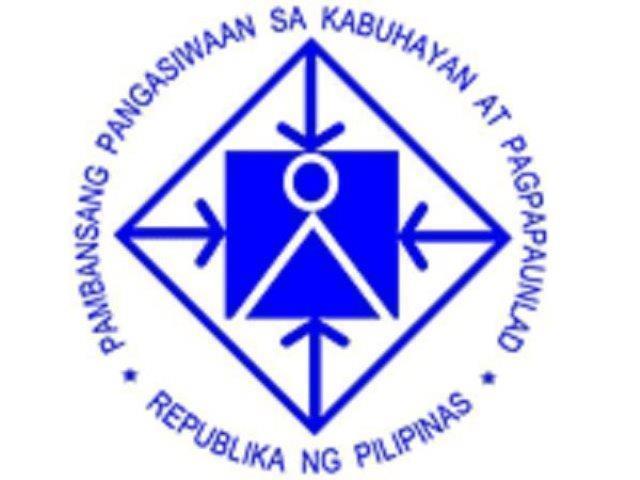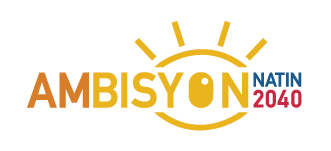
A long-term planning approach is crucial to effective development planning according to the National Economic and Development Authority.
This was the key message of Undersecretary for Planning and Policy Rosemarie Edillon late last month in a speech given at the ASEAN Ministers’ Workshop 2017 in Kuala Lumpur, Malaysia for implementing the UN Sustainable Development Goals (Agenda 2030).
Agenda 2030 is an initiative of the United Nations that guides member-nations to address global challenges like extreme poverty and climate change through the 17 SDGs.
“While the process of formulating development plans has grown more participatory over time, one common shortcoming in national planning is the lack of continuity. Not only are development priorities different each time an administration starts, but also the means of implementation are not always consistent,” Edillon said
She added that it was for these reasons that a long-term planning horizon in addressing development challenges is necessary.
Edillon joined several other government representatives from ASEAN member-states which shared experiences and challenges in carrying out Agenda 2030.
“Adopting a sustainable development paradigm is a major governance reform. The framework for Agenda 2030 sees to it that each segment of society and each generation are accorded the best opportunity for development. However, the short-term planning horizon of governments could be the major obstacle to the successful implementation of Agenda 2030,” the NEDA official said.
“It is only with a long-term planning horizon that policies and programs can be seen through a sustainable development lens. The challenge, therefore, is to align short-term fiscal programs, medium-term development plans, with the long-term Agenda 2030,” Edillon added.
Sharing the Philippine experience in implementing the SDGs, Edillon also talked about the country’s effort in employing a longer-term approach in planning.
In early 2016, the NEDA conducted a nationwide survey that probed into the aspirations of Filipinos. The study revealed that Filipinos desire a comfortable lifestyle, a secure future, and time with family and friends.
The results were translated into a national, long-term vision known as AmBisyon Natin 2040.
AmBisyon envisions that, by 2040, the Philippines will be a prosperous, predominantly middle-class society where no one is poor. Filipinos will live long and healthy lives, be smart and innovative, and live in a high-trust society.
Meanwhile, the NEDA formulated the Philippine Development Plan (PDP) 2017-2022 with AmBisyon Natin 2040 at its core.
“Deliberately considering long-term aspirations is the key to adopting sustainability in development planning. Nevertheless, it is only when everyone acts together to realize these dreams will growth be truly sustainable and inclusive,” Edillon said.
The PDP highlights the administration’s commitment to the principles of sustainable development, consistent with the goals identified in Agenda 2030.
DIS-PRD/loc. 103
